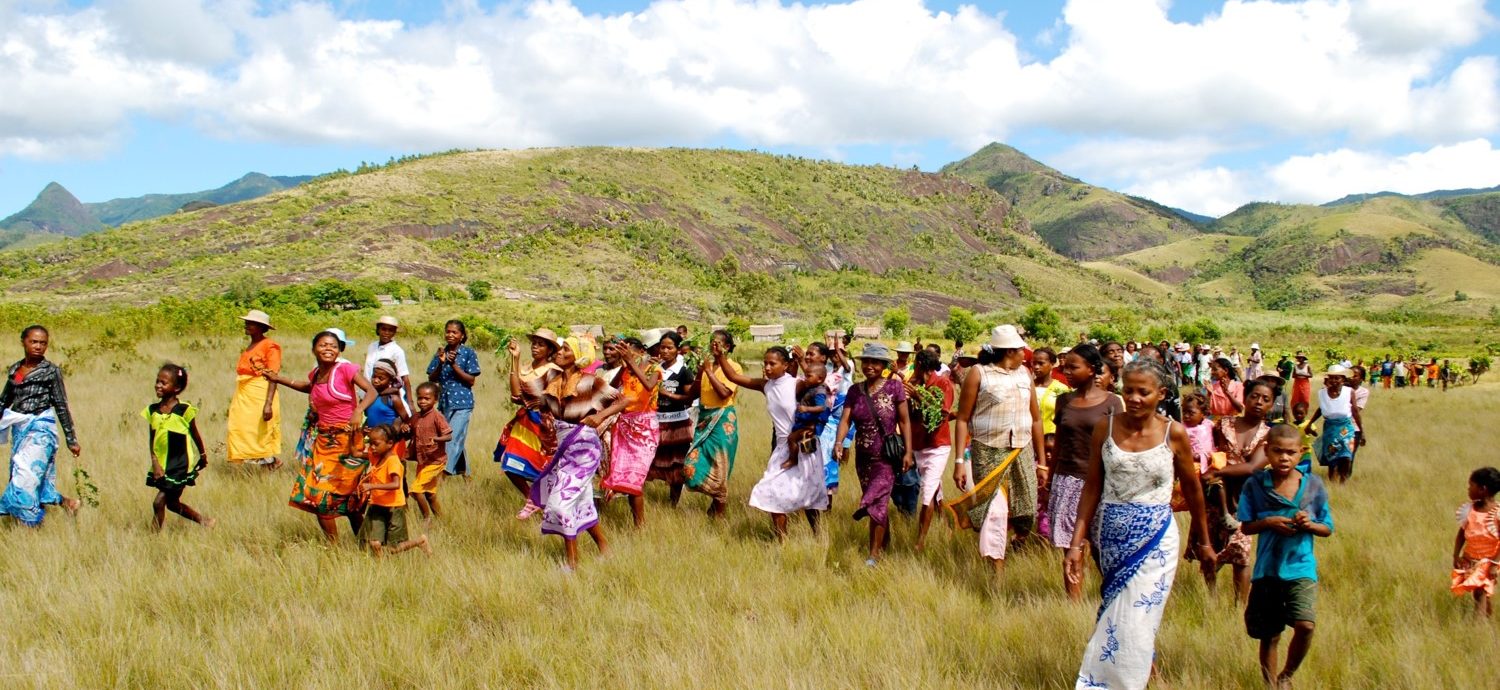Marissa Falk
Former Policy Analyst II

February 28, 2018
Former Policy Analyst II
On February 28 the PACE—Policy, Advocacy, and Communication Enhanced for Population and Reproductive Health—Project hosted an Africa population, health, and environment (PHE) webinar in French, titled “Africa PHE Project Updates for the Francophone Community.” The webinar included guest speakers from the Madagascar PHE Network, John Snow, Inc. (JSI), and the Wildlife Conservation Society (WCS). It was facilitated by Marissa Falk, a policy analyst at PRB.
Yvette Ribaira, of JSI, shared the history of the Madagascar PHE Network and identified specific opportunities for the network’s durability and sustainability. She highlighted the value of engaging within the national political context as well as with nongovernmental organization programs, and the importance of formalizing and strengthening community services and structures. Nantenaina Andriamalala, Madagascar PHE Network coordinator, provided further details on the network itself, highlighting the network’s growth and scope throughout the country and its strategic approach. He went on to affirm Ribaira’s highlighted opportunities, providing further details on how to create an institutional environment that will support and foster the adoption of the PHE Madagascar approach.
Finally, Tiana Raharitsimba, of WCS, shared the experience of WCS as part of the Madagascar PHE Network, sharing updates from their work and outlining the advantages for a conservation organization within the network. These advantages include the ability to engage with the community, confidence in partners and partnerships, and a common interest and method in ensuring social and environmental safeguards, all of which reinforce the strength of partners and the network itself.
The Africa PHE community of practice is composed of diverse projects from a wide array of implementers in multiple African countries. Increasing learning opportunities and fostering the exchange of ideas is critical to strengthening local and national networks. By sharing their knowledge and experiences, the three speakers showed how a certain community of practice has strengthened and grown over time, providing valuable learning opportunities for the Africa PHE community of practice as a whole.
